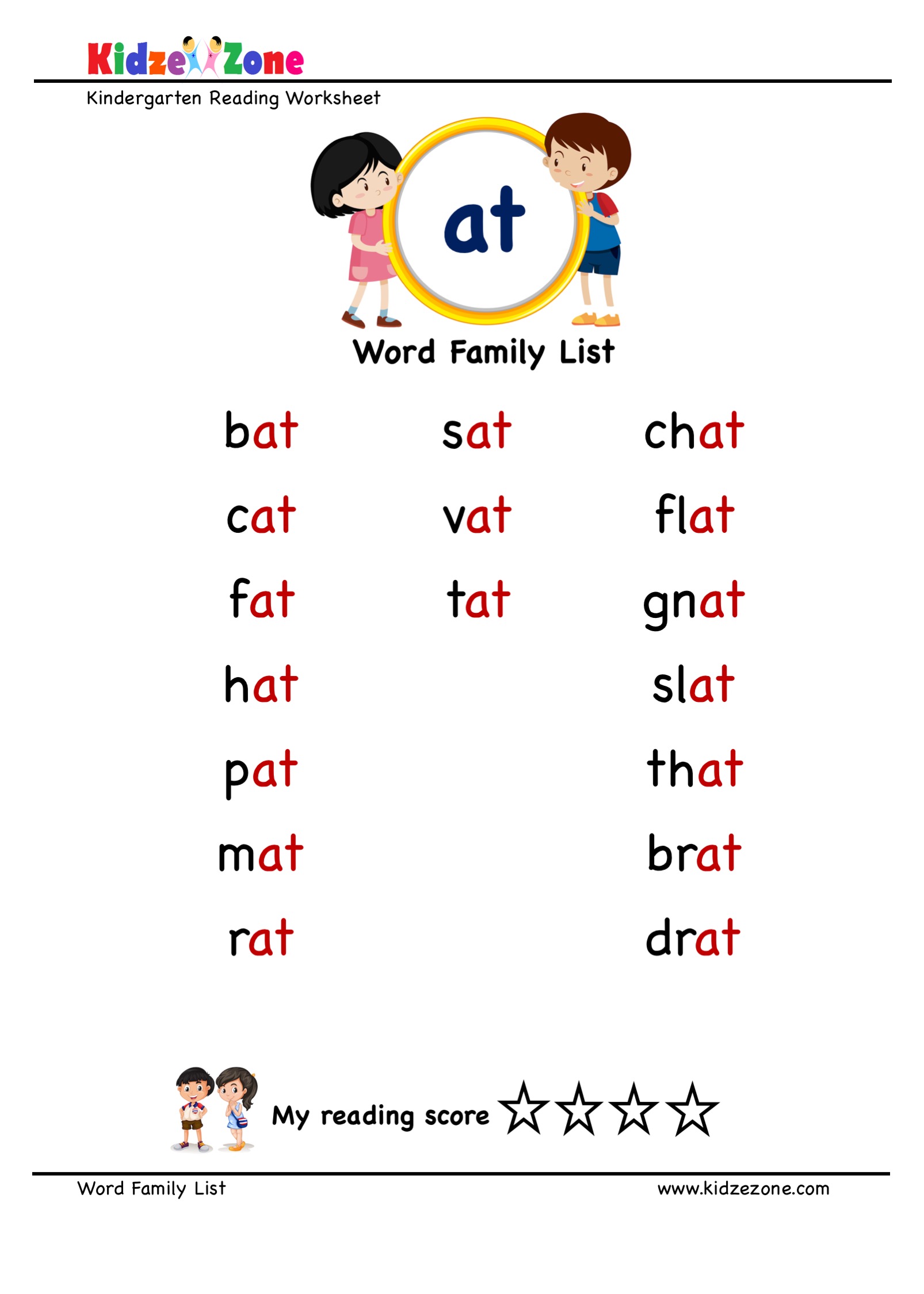

An intermediate student can also practice spelling more sight words. An intermediate Kindergartner can begin spelling consonant digraphs like: sh, th, ch, _tch, _ing, _ang, wh_… etc. The above lists should allow you to see how you gradually add more content and increase the length of the activity. are Eventually, kids can read harder short vowel stories like the ones available in our shop. Kids start off reading simple short a phonics stories. Keep in mind that the following lists would be distributed throughout the beginning of the year: Sample 1ģ. Here are some sample beginning kindergarten spelling lists. The beginning student can gradually work up to spelling more words. Beginning kindergarten spelling listsĪ beginner should only work on about 2 phonetic words and 1 sentence. A beginner can start off spelling 2 phonetic words.

When you create your spelling lists for each lesson, make sure your intermediate kindergartner spells about 5 phonetic words. This method is a lot more effective and efficient than having your student memorize long lists of phonetic words. You can drop these cues once your student gets the hang of sound-by-sound spelling. Have him segment the word into its 3 distinct sounds: c-aaaa-t. Teacher cues for teaching spellingĪs the teacher, let’s say your student is spelling “cat.” Do not show your student the word. Remember to have your student work on a spelling list each lesson, meaning every day. Here are some sample kindergarten spelling lists to help get you started. Instead, construct your kindergarten spelling lists so your student has about 5 phonetic words (that he doesn’t memorize) and about 4 sight words (that he does memorize). Do not have your kindergartner work on memorized lists of words each lesson. When they spell sight words, they should write the irregular aspects of the sight word from memory. When they work on phonetic words, they should write the word sound-by-sound. Note: This resource only includes printables and other items listed above.Kindergartners should work on spelling phonetic words and sight words.

A research-based, SoR-aligned Phonics Scope & Sequence.Students are given explicit instruction on the phonics pattern and then have activities throughout the week that allow them to practice the phonics skill, and investigate and discover the patterns in words. Instead of giving students a list of words to memorize each week, these word study units focus on a specific phonics skill. Word study units are different from traditional spelling units. ⭐️⭐️SAVE $$$ – 20% OFF Kindergarten Word Study BUNDLE⭐️⭐️ This YEAR LONG word study resource includes a master list of weekly word study units based upon a systematic & explicit phonics scope and sequence, three student printables for each unit, ( EDITABLE templates included), word cards for instruction or use at a center, and family letters to send home each week! It gives students practice with word recognition, vocabulary, phonics AND spelling! Teach Kindergarten students to spell with these Science of Reading-aligned, NO PREP, weekly Word Study Units.


 0 kommentar(er)
0 kommentar(er)
